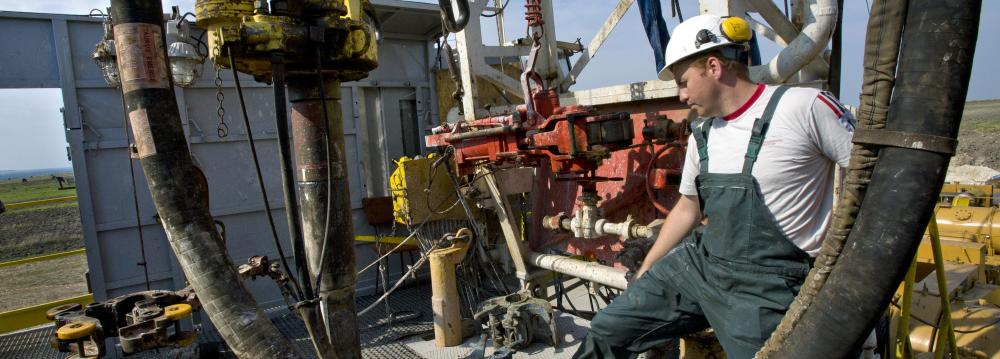The worst of the economic slump in Russia may be over, the International Monetary Fund said on Friday, but warned possible eurozone stagnation and shifting politics made central Europe’s prospects increasingly uncertain.
The IMF’s twice-yearly regional outlook for central, eastern and southeastern Europe, said the rise of populist parties in some countries as well as limp global growth and aging populations were all aggravating the strains, Reuters reported.
Using forecasts produced last month, it said growth in the central channel from Poland down to Turkey would remain as healthy as 3-4% this year, whereas Russia and most of its former Soviet neighbors would stay in recession.
But it is likely to be a period where the balance shifts, with the former group likely to see a slight slowdown going into next year and Russia et al perking up with a return to growth.
“Although there is a strong cyclical rebound in CESEE countries, risks have increased,” the IMF said.
“The strongest break on CESEE growth would be a stagnation in the eurozone, the largest trading partner for many CESEE countries.”
Mahmood Pradhan, the deputy head of the fund’s European department, said the eurozone economy grinding to a halt wasn’t the base-case scenario after it’s slightly better than expected start to the year, but that it remained “a clear risk”.
Valid Policy
He said the IMF’s economists were also looking into how much of a negative impact there would be if restrictions were put on the EU’s borderless travel arrangement, Schengen, to try and control the flood of Syrian and other refugees.
“With these higher risks, supportive monetary policy combined with medium-term fiscal consolidation remains valid policy advice for many economies in the region,” the report added.
For experts though the big question for the CESEE region is whether the last quarter of century of convergence towards western living standards and free-market politics is beginning to reverse as the scars of the financial crisis and regional spats struggle to heal.
Poland’s government for example has been vocal in its criticism of some of the EU actions since it came to power last year.
It is also going against the economic grain in a similar way Hungary has in recent years, proposing to cut the country’s retirement age, increase child benefit payments and make banks swallow costly Swiss franc loans they sold in the past.
“The region faces more pronounced downside risks,” said Anna Ilyina chief of the IMF’s emerging economies division, who pointed to Turkey as another country where political uncertainty had increased.
Greek Debt
The IMF has told eurozone finance ministers they must immediately begin negotiations to grant debt relief for Greece despite German opposition, upending carefully orchestrated negotiations ahead of an emergency meeting on Monday.
In a letter to all 19 ministers sent on Thursday night, Christine Lagarde, the IMF chief, said stalemated talks with Athens to find €3 billion ($3.43 billion) in “contingency” budget cuts, which have gone on for a month, had become fruitless and that debt relief must be put on the table immediately, or risk losing IMF participation in the program.
“We believe that specific [economic reform] measures, debt restructuring, and financing must now be discussed contemporaneously,” Lagarde wrote. “For us to support Greece with a new IMF arrangement, it is essential that the financing and debt relief from Greece’s European partners are based on fiscal targets that are realistic because they are supported by credible measures to reach them.”
But Lagarde’s letter makes clear the IMF wants less austerity, arguing that the budget surplus target agreed last year between the EU and Athens—a primary surplus of 3.5% of gross domestic target by 2018—is unrealistic and should be drastically reduced.


